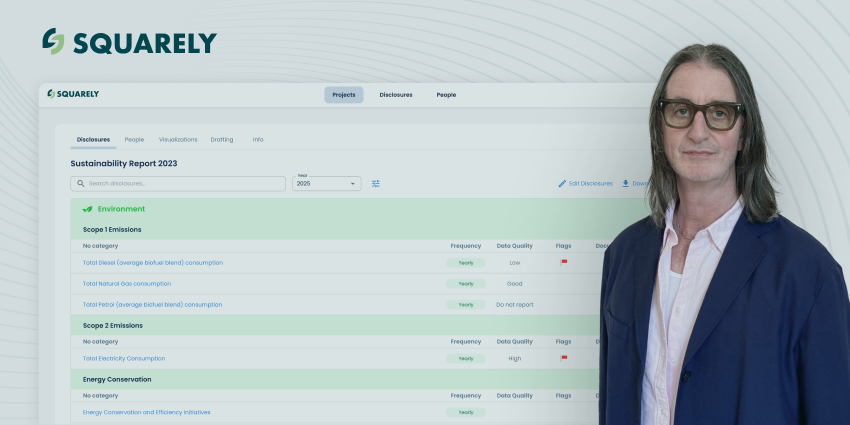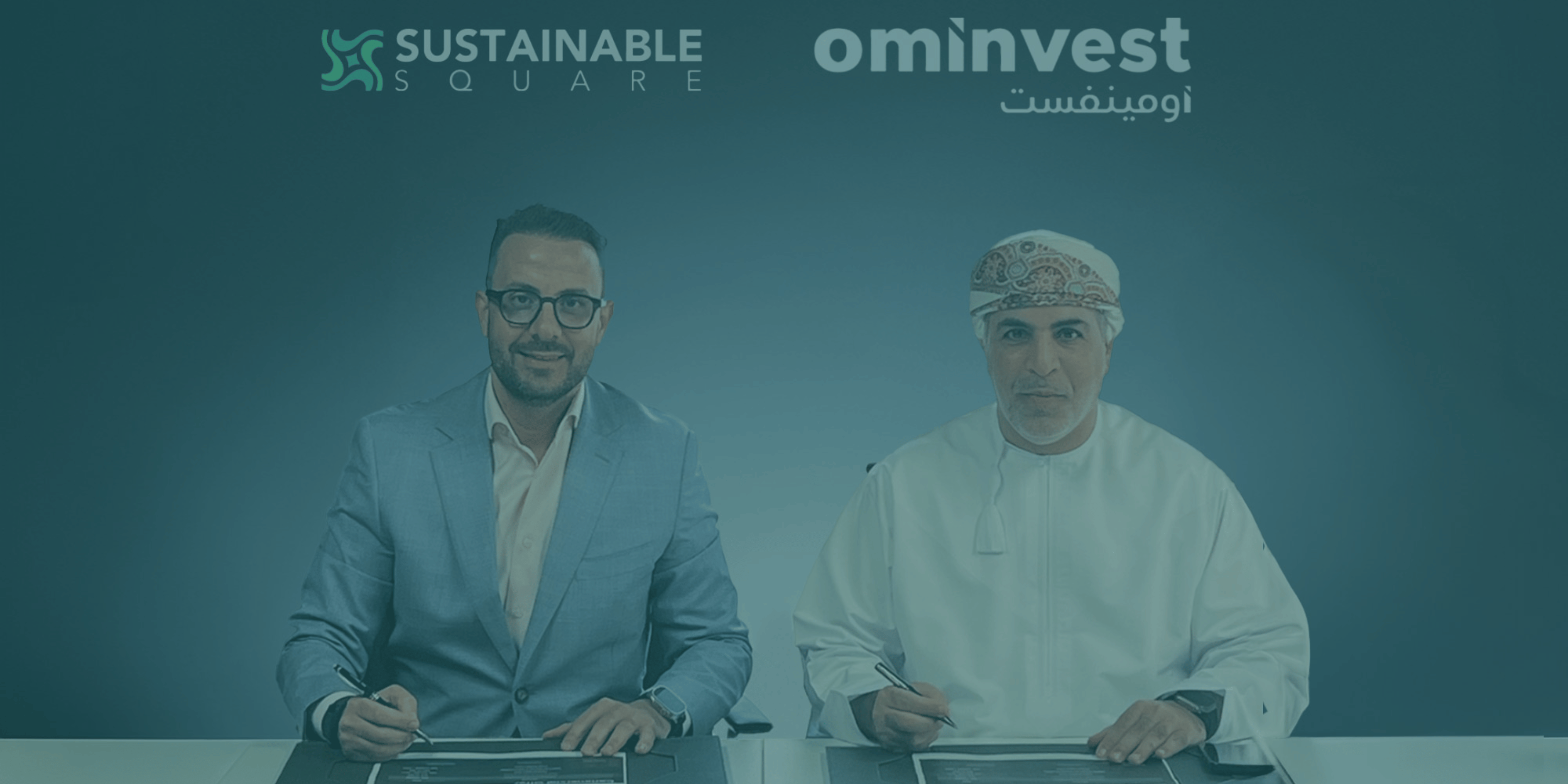Saudi-led Carbon Credits Auction, a Watershed Moment for Africa
The plan comes at a time when Africa produces only a tiny percentage of its carbon credit potential and aims to produce 300 million carbon credits annually by 2030, and 1.5 billion credits annually by 2050. It is expected to unlock USD 120 billion in revenue by 2050.
On 14th June 2023, Kenya’s capital Nairobi was host to what’s been termed the largest voluntary carbon market auction event, where over 2.2 million carbon credits were sold. The carbon credits were traded on voluntary bids made on 18 projects that utilize sustainable technologies, initiatives that reduce emissions from the atmosphere.
Organized by the Regional Voluntary Carbon Market Company (RVCMC), the event saw 16 Saudi based companies buy certified credits in projects across countries such as Kenya, South Africa, Burundi, Rwanda, Morocco and Uganda representing Sub-Saharan Africa and the MENA regions.
According to RVCMC, high-quality CORSIA-eligible and Verra-registered carbon credits were offered, enabling buyers across a range of industries to participate.
Carbon Credits
In the carbon market, individuals and companies purchase or sell certified carbon credits to compensate or offset carbon emissions.
One carbon credit is equal to one tonne of carbon dioxide (CO2) or the equivalent amount of a different greenhouse gas (CO2e). The recent event therefore represented over 2.2 million tonnes of CO2 emissions reduced or sequestered from the atmosphere. Buyers paid 23.50 Saudi riyals (USD 6.27) per carbon credit.
So, what’s the fuss all about?
This auction comes at a time when there’s a global need for a sustainable solution towards addressing climate change impacts. Effective action is imperative bearing in mind the potentially higher costs of inaction. This calls for concerted efforts and sufficient investment. Developing countries need at least USD 6 trillion in climate finance by 2030, and that is projected to cover only half of their climate action goals.
The auction demonstrates the potential of carbon markets to accelerate climate financing in emerging markets such as sub-Saharan Africa. Global carbon markets stand to offer the region incredible climate financing opportunities while promoting socio-economic progress by creating job opportunities, expanding energy access and protecting biodiversity.
Race to Net Zero
Since the signing of the Paris Agreement in 2016, there has been a growing commitment from governments, NGOs and the private sector towards decarbonization of their activities. Companies in various industries have made commitments towards achieving net zero in their operations with strategies and policy commitments in place. With more companies aiming for net-zero emissions by 2050, the demand for carbon offsets will likely go up.
Aramco, one of the largest bidders in the recent Nairobi auction, announced in their 2022 ESG report its ambition to achieve net zero Scope 1 and Scope 2 greenhouse gas (GHG) emissions across its assets by 2050. Voluntary carbon markets will play a significant role to complement such efforts, by accelerating the demand for carbon offsets and therefore encouraging projects such as those offered in the recent auction.
The ACMI
There are concerted efforts towards creating high quality and high integrity carbon markets for generation and trade of credits.
In 2022, the Africa Carbon Markets Initiative (ACMI) was launched on the sidelines of the United Nations Climate Change Conference (COP27) held in Egypt. The initiative is led by a 13-member steering committee of African leaders and carbon credit experts and is tasked to expand Africa’s voluntary carbon markets capabilities while creating job opportunities.
According to ACMI secretariat, the plan comes at a time when Africa produces only a tiny percentage of its carbon credit potential and aims to produce 300 million carbon credits annually by 2030, and 1.5 billion credits annually by 2050. It is expected to unlock USD6 billion in revenue by 2030 and over USD 120 billion by 2050.
Regulators and Investors
Investors and regulators have over the past few years played a crucial role in shaping global carbon markets. They establish rules and legal frameworks for investment decisions and engagement strategies. The Central Bank of Kenya, in their Guidance on Climate-Related Risk Management provides guidelines on climate-related risks for financial institutions. The institutions are advised to integrate climate-related risk management into their business decisions and operations; by setting emission reduction targets and developing monitoring reporting mechanisms. This would not only ensure compliance with the regulator but also put them in an attractive position to would-be investors in the voluntary carbon market. Regulated companies can use the regulatory requirement as an opportunity to engage in the voluntary carbon market by selling carbon credits earned from their climate risk management initiatives.
Individual and corporate investors, through their investment strategies and decisions, have an influence on carbon markets, especially around environmental, social and governance practices relating to emissions reduction and environmental performance.
The African Potential
Thanks to Africa’s natural resource base and high adaptability to technology, there is a growing potential for a highly effective carbon market aimed at promoting sustainable development and reducing greenhouse gas emissions. Africa is also home to many countries that, despite being low GHG emitters, have been most affected by climate change. Initiatives such as renewable energy generation, energy efficiency, afforestation, reforestation and smart agriculture have been used to generate tradeable credits.
In the recent auction, RVCMC also signed two MOUs with Eveready East Africa Plc and Carbon Vista Nigeria LP. The two companies are expected to generate high-quality, impactful carbon projects in Africa.
RVCM, according to their CEO, aspires to be one of the largest voluntary carbon markets in the world by 2030, enabling the reduction of hundreds of millions of tonnes in carbon emissions and contributing to the global net zero agenda.
Such commitments stand to enhance the success of the UN sustainable development goals and the Paris Agreement. And in the spirit of impact and shared value, voluntary carbon markets are a valuable tool in addressing climate change as they assign a monetary value to carbon emissions thus promoting sustainable practices.


